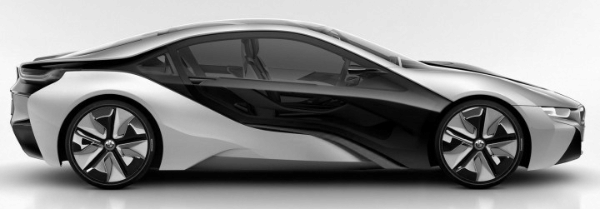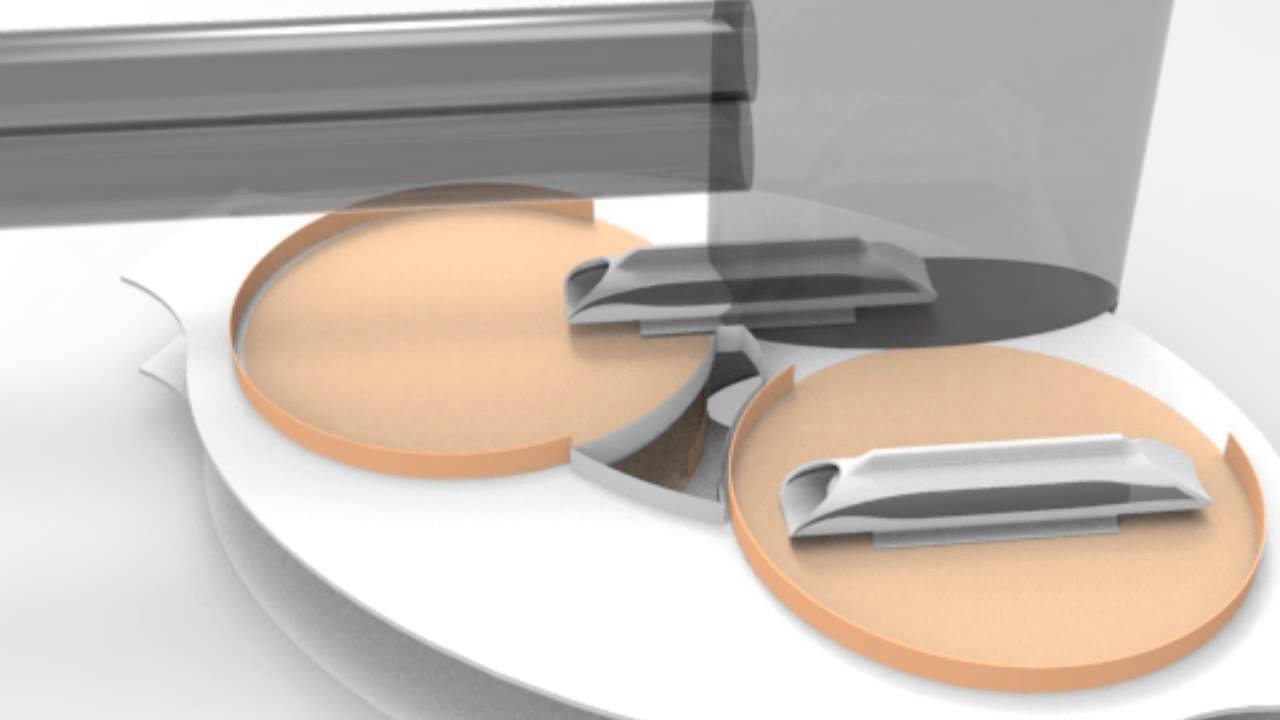
Category: transportation

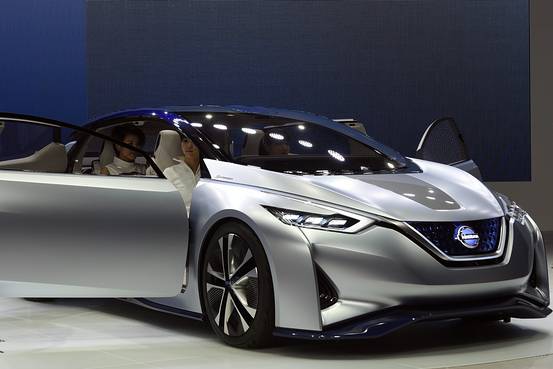
Nissan Speeds Ahead of Rivals With Plans for Driverless Car
Nissan says its autonomous car will be ready for sale to consumers by 2020.
Nissan Motor Co. is aggressively pushing forward with plans for a mostly autonomous car that will be ready for sale to consumers by 2020, putting it well ahead of its global competitors.
Chief Executive Carlos Ghosn said the technology would be ready by the Japanese auto maker’s self-imposed deadline—though he wasn’t sure if it would be legal on any nation’s roads.
“We are very excited about it and we want to come as soon as…
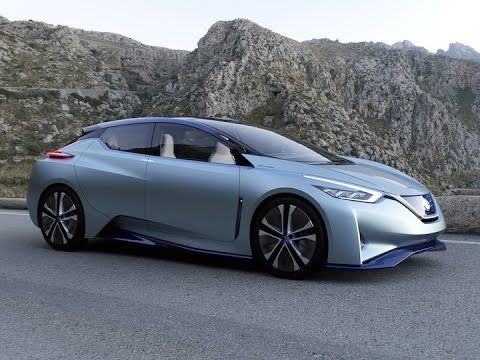
Introducing the Nissan IDS Concept
https://www.youtube.com/watch?v=h-TLo86K7Ck
At the Tokyo Motor Show 2015, Nissan unveiled a concept vehicle that embodies Nissan’s vision of the future of autonomous driving and zero emission EVs: the Nissan IDS Concept.
Presenting at the show, Nissan president and CEO Carlos Ghosn said: “Nissan’s forthcoming technologies will revolutionize the relationship between car and driver, and future mobility.”
After leading the development and expansion of EV technology, Nissan once again stands at the forefront of automotive technology. By integrating advanced vehicle control and safety technologies with cutting-edge artificial intelligence (AI), Nissan is among the leaders developing practical, real-world applications of autonomous drive technology.
In August 2013, Ghosn said that by 2020 Nissan plans to equip innovative autonomous drive technology on multiple vehicles. Progress is well on track to achieve this goal.
Nissan Intelligent Driving is Nissan’s concept of autonomous drive technology and represents what Nissan believes next-generation vehicles should be. “Nissan Intelligent Driving improves a driver’s ability to see, think and react. It compensates for human error, which causes more than 90 percent of all car accidents. As a result, time spent behind the wheel is safer, cleaner, more efficient and more fun,” said Ghosn.
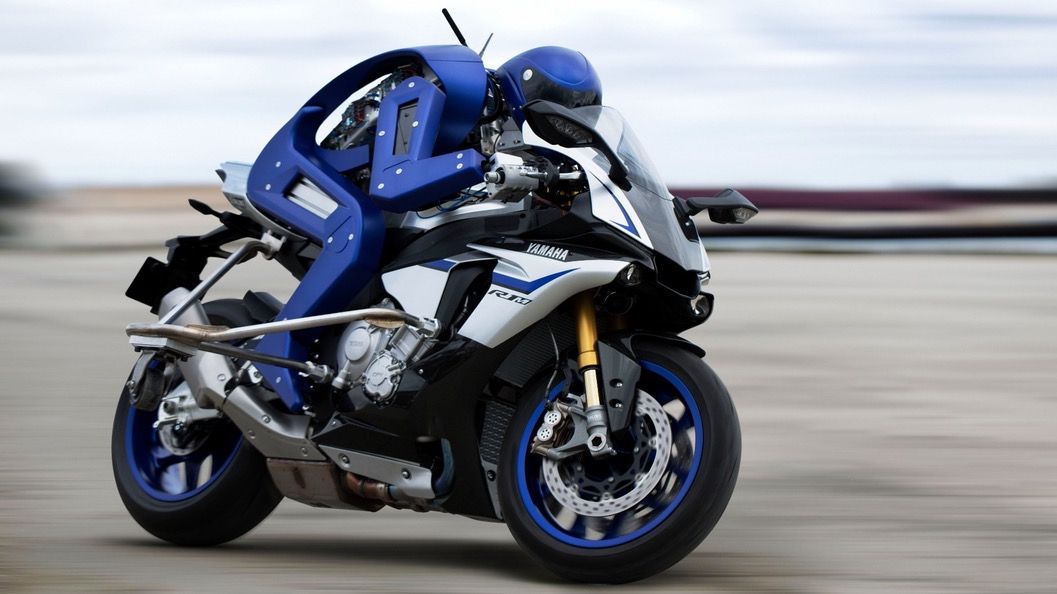
Yamaha shows Motobot motorcycle-riding humanoid robot
The aim of the exercise is to develop rider-support systems similar to those we are seeing developed in automobiles to make driving safer. “We want to apply the fundamental technology and know-how gained in the process of this challenge to the creation of advanced rider safety and rider-support systems and put them to use in our current businesses, as well as using them to pioneer new lines of business,” says Yamaha’s release.
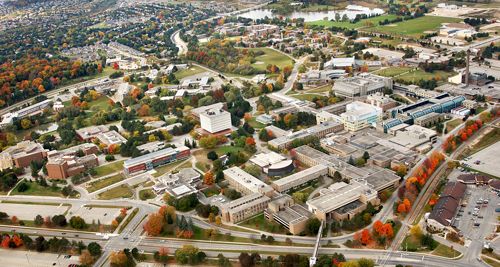
Silicon Battery Technology Produces Ten Times More Energy
Substantially smaller and longer-lasting batteries for everything from portable electronic devices to electric cars could be come a reality thanks to an innovative technology developed by University of Waterloo researchers.
Zhongwei Chen, a chemical engineering professor at Waterloo, and a team of graduate students have created a low-cost battery using silicon that boosts the performance and life of lithium-ion batteries. Their findings are published in the latest issue of Nature Communications.
Waterloo’s silicon battery technology promises a 40 to 60 per cent increase in energy density, which is important for consumers with smartphones, smart homes and smart wearables.
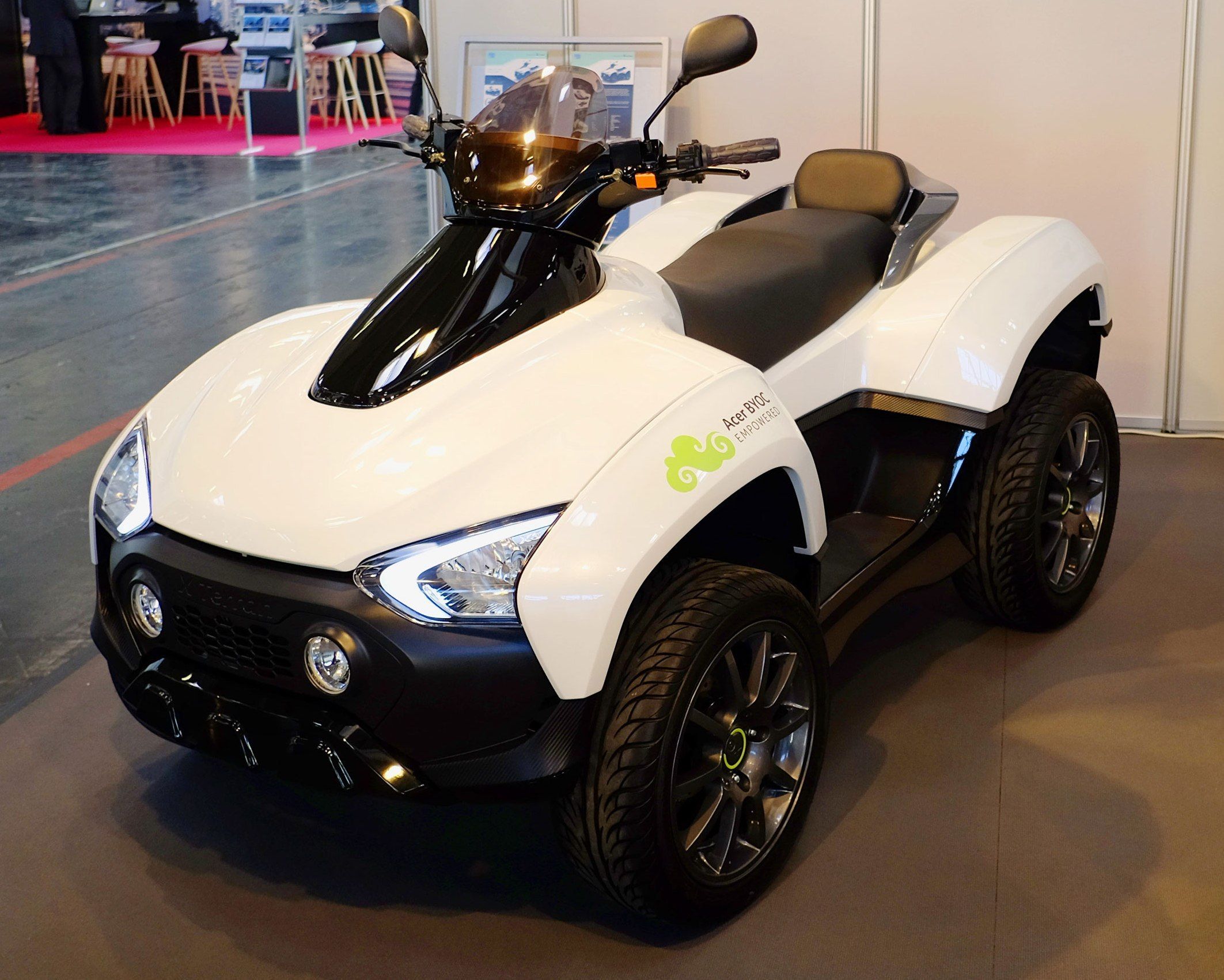
Acer is launching an electric all-terrain vehicle
Acer might be better-known for its range of laptops, tablets, phones, and similar consumer electronics, but it has quietly lifted the lid on a brand-new product line — an electric, all-terrain vehicle (eATV).
The Taiwanese tech titan unveiled the eATV “X Terran” (presumably that’s not meant to be ‘Terrain’) prototype at the eCarTech conference in Munich last week, but the company didn’t reveal too many details. We have, however, now obtained some photos of the vehicle.

See how InVisage’s HDR sensor will improve smartphone filmmaking
https://youtube.com/watch?v=GbShbMRudUM
InVisage filmed in challenging, bright sunlight conditions to test the dynamic range, and shot fast moving subjects (RC race cars) to show off the global shutter. The resulting footage (below) is surprisingly cinematic, considering that the sensor is smartphone sized. (It’s also a bit soft, which the company chalked up to the sensor being an early prototype.) The tech looks intriguing, though the level of hype in the press release and making-of film is a bit over-the-top. Still, if it can be refined further — perhaps by a sensor company like Sony — it could result in strikingly better smartphone and camera images in the not-too-distant future.
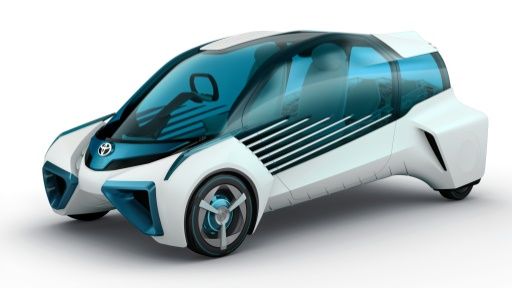
Digital-savvy, eco-conscious drivers targeted at Tokyo Motor Show
Toyota’s three-seater exoskeleton car and an electric vehicle with touch screens that turn it into a “digital space” are among the concept models that will be on display at the Tokyo Motor Show this week.

California Hyperloop Test Track Will Start Construction Soon
Construction on the first Hyperloop test track will begin soon in California. It’s going to be expensive.
